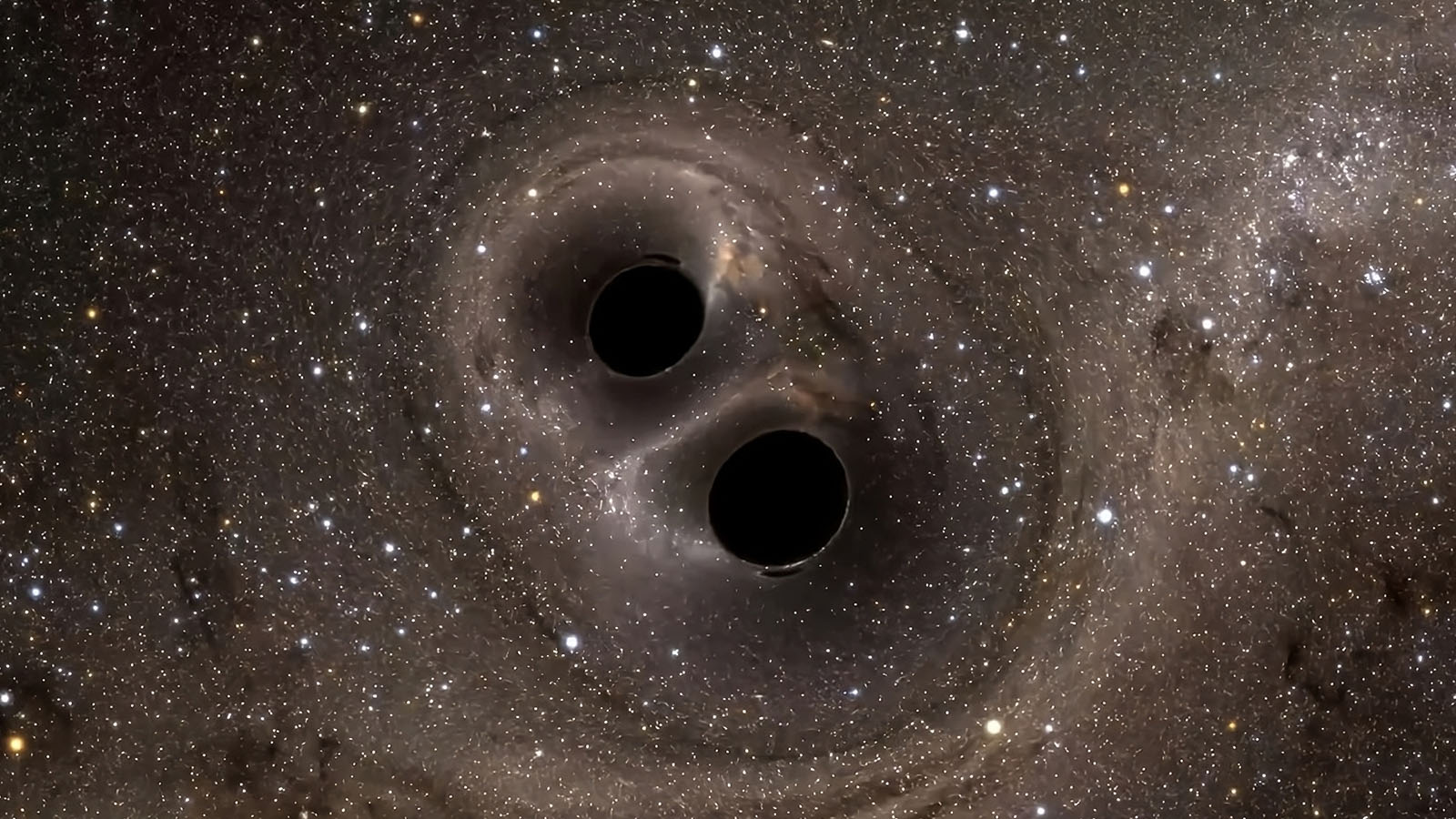
Using advanced computer simulations, Gaurav Khanna with postdoc Tousif Islam and others studied how two orbiting black holes merge, focusing on a key aspect of Einstein's theory of relativity: the "late-time tail" behavior in the gravitational waves they produce. The pair found that as the black holes' orbits become more elongated, these late-time signals become stronger. The way these signals decay over time follows a specific pattern we expected. In the course of their work, the researchers also created a free Python tool called "gwtails" to analyze this data and have shared some of their results so others can verify our findings.